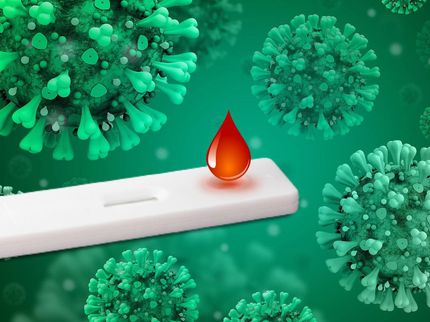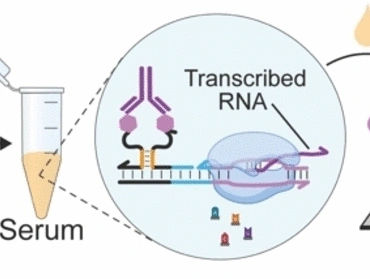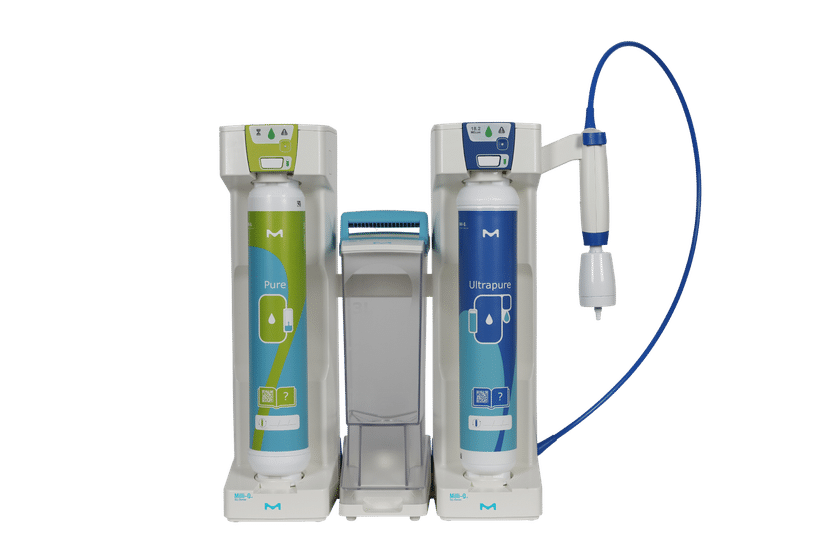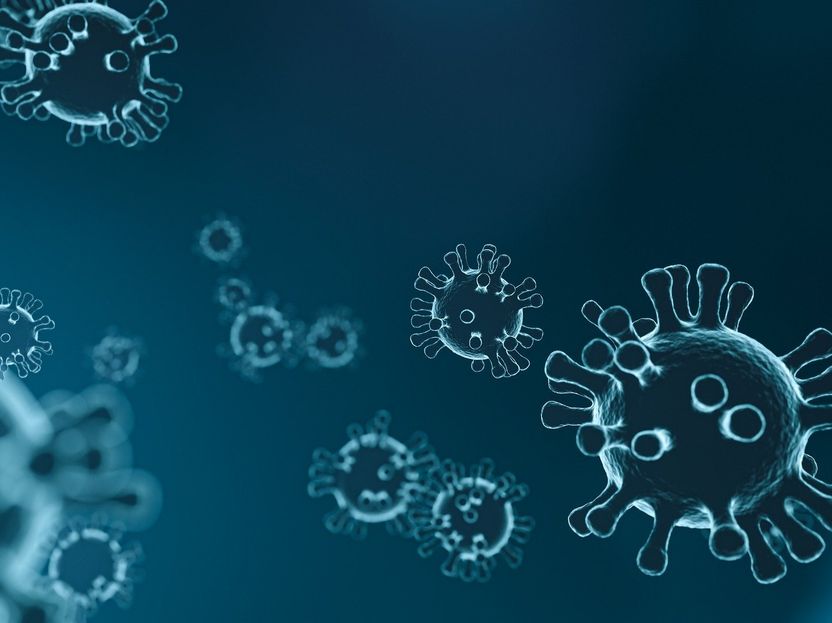Proteins may point to alcohol use test
Measuring a set of protein changes in the blood linked to alcohol use may potentially lead to a more accurate diagnostic test than those currently available, according to Penn State College of Medicine researchers.
"The challenge in alcohol abuse as opposed to substance abuse -- things like cocaine or heroin or PCP -- is that alcohol is a perfectly legal substance for those over 21," said Willard M. Freeman, Ph.D., department of pharmacology and lead investigator. "Unlike routine testing for illicit drugs, you can't just look for a trace of alcohol because many people enjoy a drink in a responsible manner and alcohol is very quickly metabolized. Discriminating between excessive and responsible levels of drinking makes this a greater challenge."
Penn State Hershey researchers, working for two-and-a-half years in cooperation with Kathleen A. Grant, Ph.D., at the Oregon National Primate Research Center, identified a set of 17 proteins in the blood that accurately predicted alcohol usage 90 percent of the time in non-human primates. Researchers were able to separate usage into three categories - no alcohol use, drinking up to two drinks per day and drinking at least six drinks per day. Protein levels rose and declined depending on alcohol consumption.
"We observed that the levels of some proteins increased or decreased with as little as one or two drinks a day," Freeman said. "These same changes occurred with heavier levels of drinking. We also found other proteins that responded only to heavy levels of drinking. Combined, these proteins allow us to classify subjects into non-drinking, alcohol-using, and alcohol-abusing groups."
The researchers are continuing their work, first by determining whether the changes measured return to normal levels with cessation of drinking. Second, they are looking for additional proteins to both increase accuracy and provide alternates if some of the initial 17 do not work in humans. Working with groups around the world, Penn State Hershey researchers - led by Freeman and Kent Vrana, chair, department of pharmacology - plan to collect blood from people undergoing inpatient treatment for alcohol abuse.
"We'll collect blood throughout their stay to see if the patients' protein pattern reverts from an excessive drinking pattern to a pattern that's indicative of alcohol abstinence," Freeman said. The goal is to create a diagnostic test for alcohol consumption that may be used in areas of public safety like aviation or national security, for parole conditions and for helping physicians determine if a patient may have an alcohol abuse problem. Currently there are tests that try to address this issue, but Freeman said these tests are not sensitive and specific enough to serve as diagnostics.
"Many of these tests rely on just one protein," he said. "The limitation to this approach is that these tests often look at proteins produced by the liver. While these proteins increase with excessive alcohol intake, they also increase with any type of injury to the liver. For example, a lot of prescription drugs are hard on the liver. These tests let us know that the liver is being stressed but can't discriminate between excessive drinking and other conditions, which therefore reduces the utility of these tests.
"That's where we see the promise in this panel of proteins. The proteins are produced by a number of organs including the liver, the muscle, and the brain. This unique fingerprint that is indicative of alcohol abuse is less likely to be produced by unrelated conditions." Freeman stresses, a diagnostic test would not be testing for alcoholism, but rather, alcohol intake.
"In a strictest use of the words, alcoholism is a psychological diagnosis as opposed to a level of drinking," he said. "The Diagnostic and Statistical Manual really classifies alcohol abuse and alcoholism based on how alcohol is interfering with your life. Obviously we can't use a blood test to say yes, your drinking is interfering with your home life. But the amount of drinking and the amount of problems it causes in your life are tightly correlated. "We envision, a number of years down the line if this becomes a diagnostic test, that if the test indicates that you're drinking a lot, it would prompt a referral to a specialist in alcohol abuse and alcoholism. This test could provide an objective indicator to help people begin addressing what may really be a problem in their lives."
























































